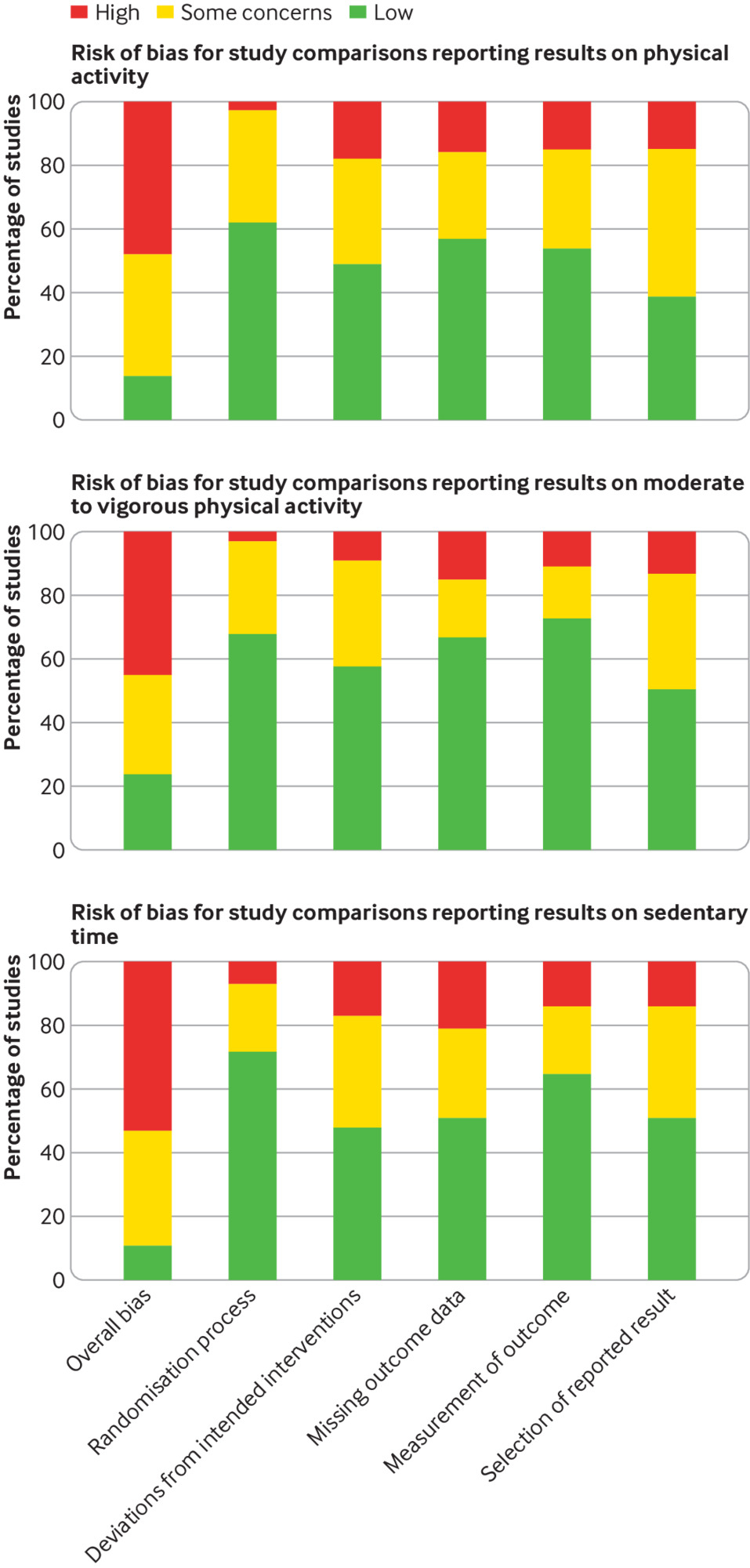Four of the 10 leading causes of death in the United States—heart disease, cancer, stroke, and diabetes—are preventable. But the death toll and rates associated with these chronic diseases continue to rise.
Paul Washburn, MD ’16, MPH ’16, director of the Cheyenne Health Medical Institute in Wyoming, wants to raise awareness of the importance of preventive care in addressing this problem. He focuses his work primarily on lifestyle medicine, “an evidence-based approach to treating and reversing disease by replacing unhealthy behaviors with positive ones,” he explains.
Washburn laid out his thoughts on lifestyle medicine during a recent episode of the UB Alumni Webinar Series.
“The pillars of lifestyle medicine correlate with value-based disease reversal and positive outcomes,” he says, noting that for this to happen, people need to emphasize a healthy lifestyle.
Washburn, who has formal training in preventive, internal medicine, lifestyle medicine and public health, offered advice on how to use the principles of lifestyle medicine to improve health and increase life expectancy. They include:
Addressing the diet and exercise aspects of the lifestyle spectrum, Washburn discussed the different types of carbohydrates—simple (sugars) and complex (starches, fiber)—and their effects on insulin levels.
“If you eat sugars and simple carbs, they cause spikes in blood sugar, which then cause a big spike in insulin,” he says. Complex carbohydrates, he says, contain more nutrients and are more beneficial than simple carbohydrates. In addition, exercise is very beneficial for the body and increases insulin sensitivity.
Washburn also discussed his work on human metabolism, which also addresses the more impactful lifestyle variables of nutrition and exercise.
“It’s an endless supply of new knowledge and ever-expanding research into how we can understand optimal human metabolism, function and performance,” he says. He recommends using metabolic syndrome, a group of conditions that occur together, increasing the risk of heart disease, stroke and type 2 diabetes, as a diagnosis in health care.
“Whenever someone comes in and they have obesity, hypertension, abnormal triglycerides or hypertriglyceridemia, diabetes, etc., those are all the things we have to list,” he explains. Using a primary care model, he provided some advice on how to combat the problem of looking at just one condition versus the full metabolic profile:


